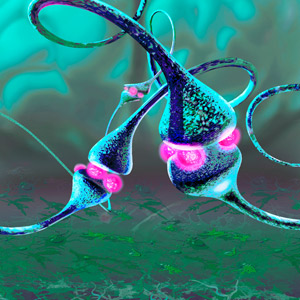Vital to the survival and health of a human body, electrolytes are one of the most essential fundamental components of the body. They are basically inorganic minerals that carry an electric charge and are present in the blood and other bodily fluids. They are ions (elements carrying an electrical charge), and they have the ability to make any substance electrically conducive. Electrolytes perform essential functions at a cellular level within the human body, such as maintaining the acid-balance level, and regulating nerves and muscles. The three most common electrolytes present in the body are sodium, potassium and chloride.
Electrolytes can be found in any fluid-filled compartment of the body; these compartments generally have extracellular fluid around the cells and the blood, and intracellular fluid within the cells. Potassium is usually found in intercellular fluid, while sodium is present in extracellular fluid. The main function of electrolytes is to help in maintaining the level of fluid contained in these compartments, so that it remains normal. Electrolytes are electrically conductive, and thus they can send signals flowing throughout the body (chlorine is particularly important in this regard). Electrolytes move in and out of cells in order to adjust the fluid levels, and if the amount of electrolytes exceeds what is required, the kidneys ensure that balance is maintained by excreting the superfluous amounts (owing to this, electrolytes also need to be consumed, in order to replenish minerals that are lost during the excretion process).
The concentration levels of electrolytes differ throughout the body, and they are usually spread across a cell’s membrane so they can carry out the processes required for the smooth functioning of the body. For example, ions are diffused across the gaps between nerve cells in the nervous system, and this way chemical signals can travel from one cell to the other. This creates a channel of communication in the human body, enabling it to carry out sensory responses and motor functions. The smallest of movements, like the contraction of a muscle, requires electrolytes – a signal’s action potential activates the sodium channels lining the muscle fiber in question, and when ions are allowed to enter the cell and reach the motor neuron, the muscle contracts.
Given their vital role in ensuring the proper functioning of the body, it is necessary to maintain electrolyte balance in your system – too much or too little sodium or potassium can cause dehydration and severe problems in the body, greatly affecting the way in which it works.





No Comment